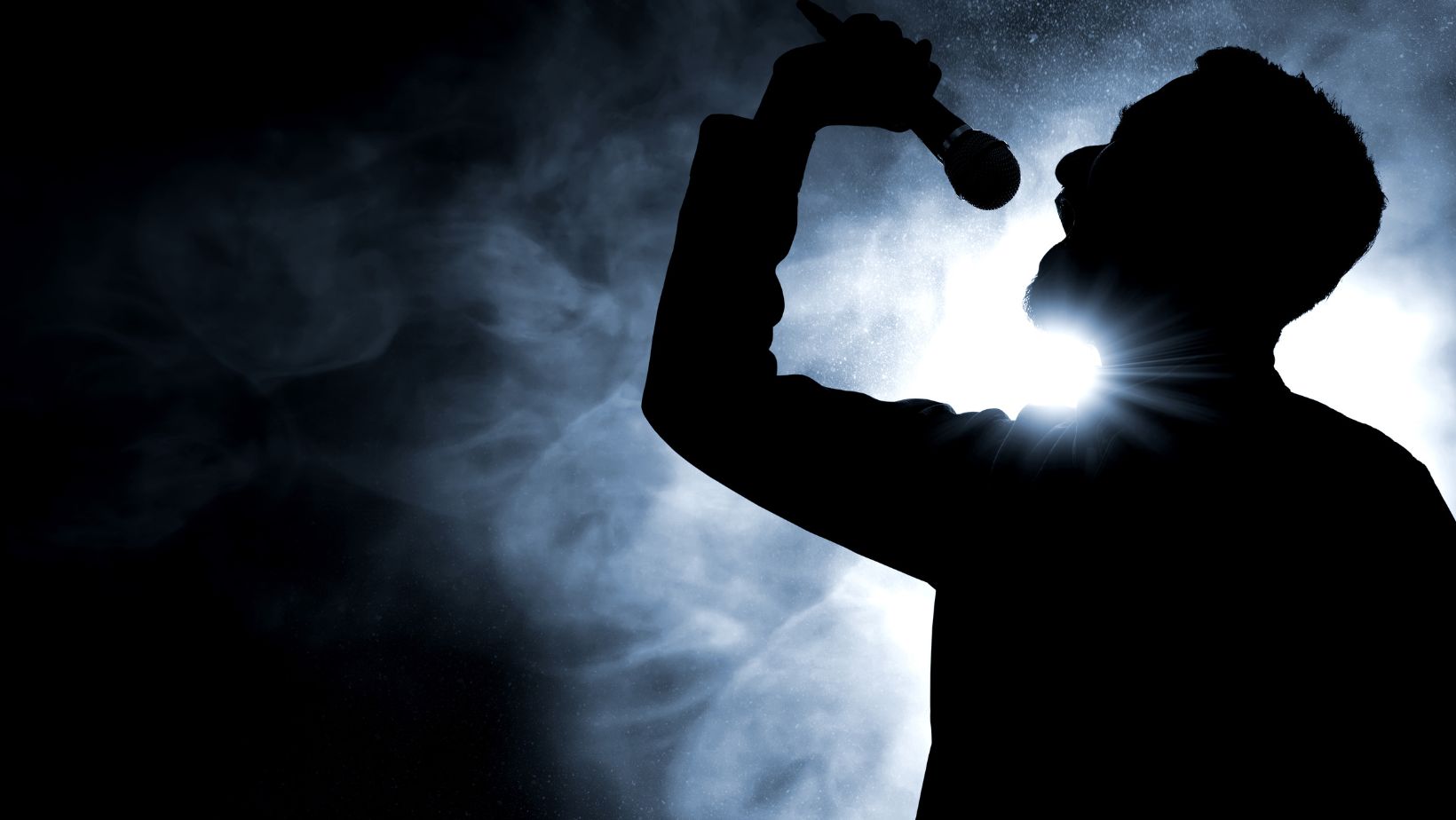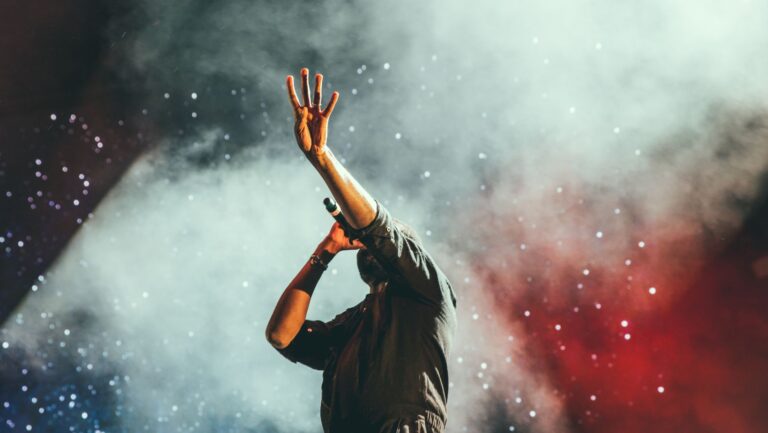Mama Say Mama sa Mama Coosa
Growing up, I was always fascinated by the power of music to bring people together. From catchy tunes that made us dance, to heartfelt lyrics that touched our souls, music has a way of transcending barriers and connecting us on a deep level. One song in particular that has captivated audiences around the world is “Mama Say Mama Sa Mama Coosa.” This infectious chant-like phrase has become a cultural phenomenon, but what does it actually mean? In this article, I’ll delve into the origins and significance of this mysterious phrase, uncovering the hidden meanings behind the catchy rhythm.
The power of music lies in its ability to evoke emotions and create a sense of unity among people. “Mama Say Mama Sa Mama Coosa” is a prime example of how a simple chant can bring people together and create a shared experience. In this article, I’ll take you on a journey through the cultural impact of this iconic phrase, from its early beginnings to its current status as a global phenomenon. So, get ready to dive into the world of “Mama Say Mama Sa Mama Coosa” and discover the magic behind its infectious rhythm.
Origins of The Phrase
Michael Jackson’s “Wanna Be Startin’ Somethin'”
The iconic phrase “mama say mama sa mama coosa” gained widespread recognition through Michael Jackson’s hit song “Wanna Be Startin’ Somethin'” from his critically acclaimed album “Thriller.” Released in 1983, this infectious chant-like phrase instantly grabbed the attention of listeners worldwide.
In the song, Michael Jackson sings, “Mama-say mama-sa mama coosa,” repeating the phrase multiple times throughout the track. Although it may seem like a random combination of words, the origins of this catchy phrase can be traced back to a lesser-known artist.
Manu Dibango’s “Soul Makossa”
The true source of the “mama say mama sa mama coosa” phrase can be attributed to the Cameroonian musician Manu Dibango and his 1972 hit song “Soul Makossa.” This Afro-funk masterpiece became a global sensation, reaching the top of the charts and captivating audiences with its infectious rhythm and memorable lyrics.
Within “Soul Makossa,” Manu Dibango incorporates the chant-like phrase “mama-se mama-sa mama-ku-sa” as a playful vocal hook. The phrase, which loosely translates to “I dance, I work,” became a defining moment in the song and a signature element of Manu Dibango’s musical style.

Impact
The phrase “mama say mama sa mama coosa” has had a significant cultural impact, extending beyond the realms of music and dance. Its catchy rhythm and universal appeal have made it a memorable and recognizable phrase in popular culture. Let’s explore how this chant-like phrase has made its mark in various aspects of our society.
Popularity in Music And Films
The infectious nature of “mama say mama sa mama coosa” has led to its widespread popularity in the music industry. It gained recognition through Michael Jackson’s hit song “Wanna Be Startin’ Somethin'” in 1983, where the phrase was prominently featured in the chorus. This propelled the phrase into the mainstream and solidified its place in music history.
Moreover, “mama say mama sa mama coosa” has been sampled and referenced in numerous songs and films over the years. Artists from different genres have incorporated the phrase into their music, further perpetuating its cultural significance. Its inclusion in popular films and television shows has also contributed to its enduring presence in the collective consciousness.
Dance Culture
The rhythmic nature of “mama say mama sa mama coosa” has made it a staple in dance culture. The catchy chant has become synonymous with energetic and lively dance routines. Its infectious beat has inspired countless individuals to get up and move their bodies in sync with the music.
From clubs to dance studios, people of all ages and backgrounds have embraced this phrase as a catalyst for movement. Whether it’s in a choreographed routine or spontaneous freestyle, “mama say mama sa mama coosa” has become a go-to phrase for dance enthusiasts seeking an exhilarating and joyful experience on the dance floor.
The cultural impact of “mama say mama sa mama coosa” goes beyond its connection to music and dance. Its infectious rhythm and universal appeal have transcended boundaries and brought people together. It has become a symbol of unity and shared experience, showcasing the power of music to create a sense of community.
Conclusion
Understanding the origins and significance of the phrase “Mama Say Mama Sa Mama Coosa” in music allows us to appreciate its cultural impact and universal appeal. From its recognition in Michael Jackson’s “Wanna Be Startin’ Somethin'” to its true source in Manu Dibango’s “Soul Makossa,” this chant-like phrase has brought people together through the power of music.
The journey of this iconic phrase reminds us of the power of music to connect people, bridge cultural gaps, and create a sense of unity. Let us continue to celebrate and respect the cultural significance of “mama say mama sa mama coosa” while enjoying its catchy and timeless melody.




